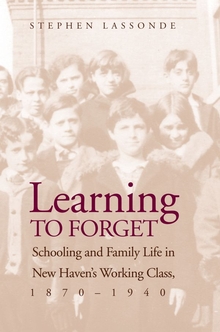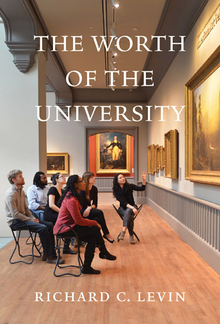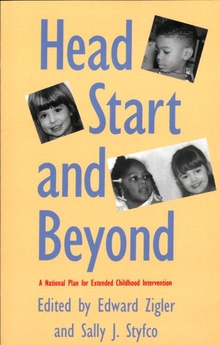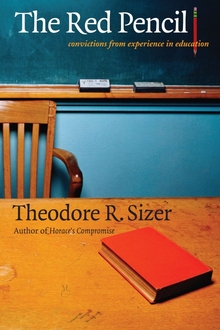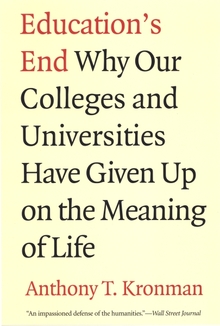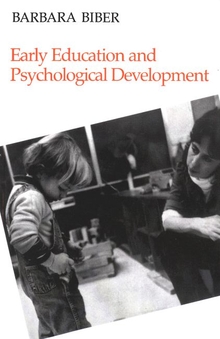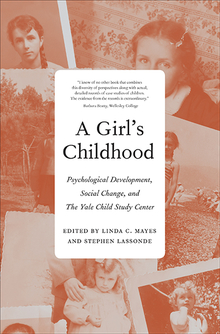Learning to Forget
WARNING
You are viewing an older version of the Yalebooks website. Please visit out new website with more updated information and a better user experience: https://www.yalebooks.com
Schooling and Family Life in New Haven’s Working Class, 1870-1940
Stephen Lassonde
This book offers an insightful view of the complex relations between home and school in the working-class immigrant Italian community of New Haven, Connecticut. Through the lenses of history, sociology, and education, Learning to Forget presents a highly readable account of cross-generational experiences during the period from 1870 to 1940, chronicling one generation’s suspicions toward public education and another’s need to assimilate.
Through careful research Lassonde finds that not all working class parents were enthusiastic supporters of education. Not only did the time and energy spent in school restrict children’s potential financial contributions to the family, but attitudes that children encountered in school often ran counter to the family’s traditional values. Legally mandated education and child labor laws eventually resolved these conflicts, but not without considerable reluctance and resistance.
“An absorbing and persuasive account that imaginatively reconstructs the different ways in which families, schools, and jobs shaped the lives of working class children and taught them what to forget.”—David Tyack, Stanford University
“A local study with far-reaching implications, it is a major contribution to understanding of the interaction of parents, children, and school in the period which witnessed the emergence of modern childhood and adolescence.”—Hugh Cunningham, author of Children and Childhood in Western Society since 1500
"As original and enlightening a piece of historical work as I have read in the field of education in many years."—John Modell, Brown University
“Learning to Forget reminds us that schooling is not just about education. Lassonde’s terrific analysis of Italian Americans in New Haven illuminates how it also altered relationships between parents and children, changed ethnic and class identities, and produced a new national youth culture by the 1930s.”—Lizabeth Cohen, author of A Consumers’ Republic: The Politics of Mass Consumption in Postwar America
"Stephen Lassonde’s book is a special window into the complex role of the schools in the immigrant experience and the evolution of the American family. As Lassonde has shown with such poignancy for New Haven, schools create opportunity for new generations, but not easily as families struggle to survive, nurture and prosper. This book works because it is sensitive to the pain and joy of so many generations of families who have grown up in New Haven." —Rosa DeLauro, Congresswoman representing the Third District of Connecticut
“This meticulously researched study traces in rich detail the transformation of urban ethnic and immigrant children from wage earners into full-time students. Vivid first-hand accounts reveal how profoundly prolonged schooling altered working-class children’s self-image, aspirations, everyday experiences, and place in their families.”—Steven Mintz, author of Huck’s Raft: A History of American Childhood
“Lassonde weaves a rich and innovative narrative of the dynamic of school, family, class and ethnicity. Learning to Forget is a major contribution to the history of childhood and youth.”—William A. Corsaro, Indiana University
Publication Date: August 28, 2007
11 b/w illus.

